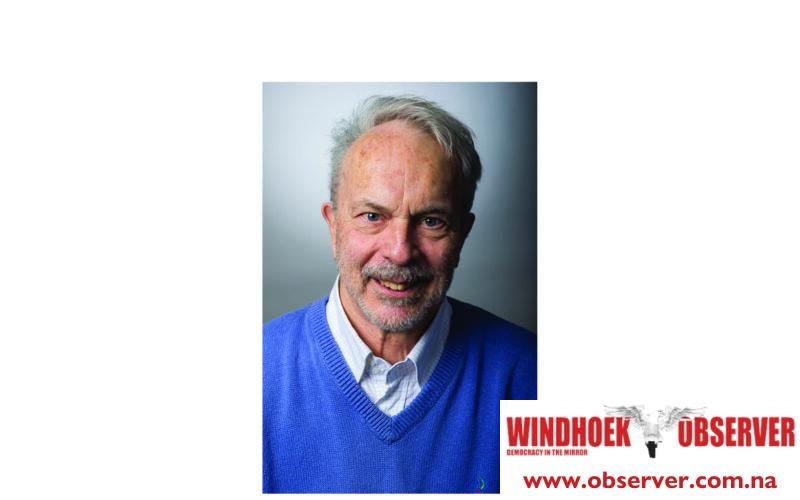Chamwe Kaira
Political analyst Henning Melber says President Netumbo Nandi-Ndaitwah’s performance since taking office in March shows a mixed record so far.
“Many innovations, such as the reduction of the cabinet, made sense. Others, such as the incorporation of mining, hydro energy, and nuclear power, lack sufficient transparency to understand the motives. Accountability has not been among the outstanding performances,” he said.
Melber, who served as director of the Namibian Economic Policy Research Unit from 1992 to 2000, is a resident associate at the Nordic Africa Institute in Uppsala, Sweden, and an extraordinary professor at the University of Pretoria and the University of the Free State in Bloemfontein.
When asked if he sees differences in how Nandi-Ndaitwah is leading compared to former presidents Sam Nujoma, Hifikepunye Pohamba, and Hage Geingob, Melber said it may be too early to judge.
“It seems as if Netumbo Nandi-Ndaitwah returns to a patriotic narrative cultivated by President Nujoma. The trend towards more inclusivity as regards the Namibian House seems more remote now than it was under Geingob, despite rhetoric which tries to reach out.”
On whether she is meeting her objectives and expectations, Melber said one of her first announcements was an apology that the promised increase in monthly pensions would not happen.
“This was disappointing for those who had expectations that the promises made during the election campaign were abandoned. Again, time will tell to which extent delivery will meet expectations and to which extent declared objectives will be met by implementation,” he said.
Asked whether Swapo and the government are being transformed in line with her vision, Melber said it remains unclear.
“It is difficult to judge, since much is not explicitly stated in public about what transformation is planned and what the aims and goals are. Policy matters still lack sufficient transparency and a framework against which delivery could be judged,” Melber added.
On whether Nandi-Ndaitwah has been appointing her own people in government and the party, Melber said, “I guess it has been a mixture of both, not always with success. There was a lack of proper vetting for some of the ministerial appointments. The appointment of ambassadors suggests a preference for long-time loyalists, despite the fact that diplomats should represent the national interest and country and not a party in government.”
Melber said the appointment of prime minister Elijah Ngurare was a good choice but noted that some other decisions were less convincing.
“To be fair, her choices were more limited with the reduced number of MPs and the loss of some experienced ministers with a good track record. But there were also a few who were left out despite their merits and not being reappointed.”
When asked whether the President has faced pushback on her appointments and policy decisions, he said there has been little visible beyond public criticism.
“Responses inside the party remain a matter of speculation.”
Melber described Nandi-Ndaitwah as a veteran of the second generation of veterans who reflects the organisation’s authoritarian nature and heroic narrative.
“Her recognition of the late Solomon Hawala rightly so caused some controversy and irritations. This is the old Swapo, living in and loyal to a past without being willing to adjust also by means of self-critical assessments.”




